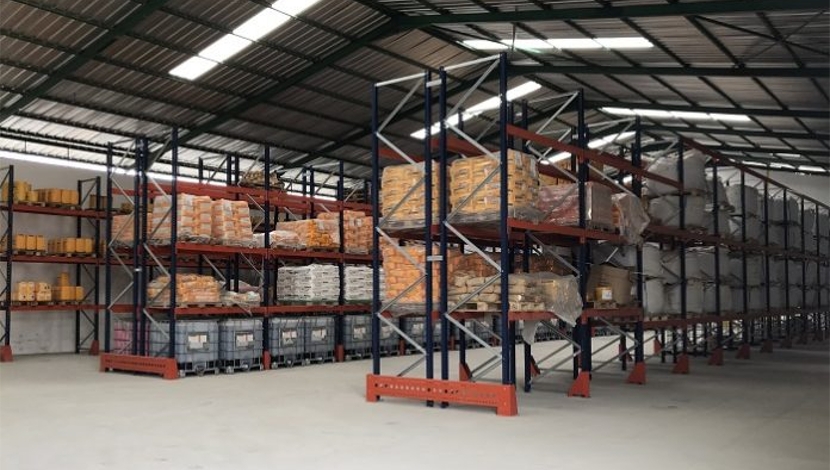
The international financial crisis has scarcely affected sub-Saharan Africa, with the region still having a 6% growth forecast for 2014, a recent study by German bank Commerzbank found.
Commerzbank stated that this resilience was owing to the region’s low dependency on exports, which amounted to just below 20%, as well as benefits derived from high raw-material prices.
Even though sub-Saharan Africa’s wealth of raw materials made it heavily dependent on the global economy, ongoing weak global economic growth had, to date, only affected sub-Saharan Africa to a minor degree, the bank stated.
Discoveries of oil fields, such as in Angola for example, had placed national economies on a new footing.
“The economic catching-up process was in full swing and a weak global economy would not stop this. A further factor was the strategic significance which, above all, China attached to sub-Saharan Africa so as to safeguard its supply of raw materials and which had prompted it to make further investment in the region,” Commerzbank said.
“Even if the risk of external shocks cannot be fully excluded, we believe that the probability of a disaster hitting the countries of sub-Saharan Africa and severely affecting further economic development is, on the whole, low,” Commerzbank head of country risk analysis Rainer Schäfer and Commerzbank Africa regional head Florian Witt stated.
However, Schäfer said an important key to the long-term increase in economic dynamism and the export earnings of sub-Saharan Africa was the development and improvement of infrastructure.
To date sub-Saharan infrastructure was essentially geared to the transport for export of mineral resources and agricultural products. Despite the progress attained with the region’s number of ports, many land-locked States only had limited access to cost-favourable transport by sea.
Yet the latecomer position in the global development carousel of the region also offered opportunities such as technological “leapfrogging”, the skipping of individual development stages, the study stated.
“It was possible to tackle electricity bottlenecks, triggered by growing demand for energy in the wake of robust economic growth, from the very outset thanks to environment-friendly, cheap, and effective technologies.”
“A great deal of appropriate opportunities [are] opening up to foreign investors with the corresponding know-how in the field of renewable energies such as solar technology, wind power and biogas from biomass,” explained Witt, adding that countries such as Ethiopia, Malawi and Mozambique were already focusing on biodiesel from the jatropha plant, which thrived on low-yield soils.
By: Leandi Kolver





